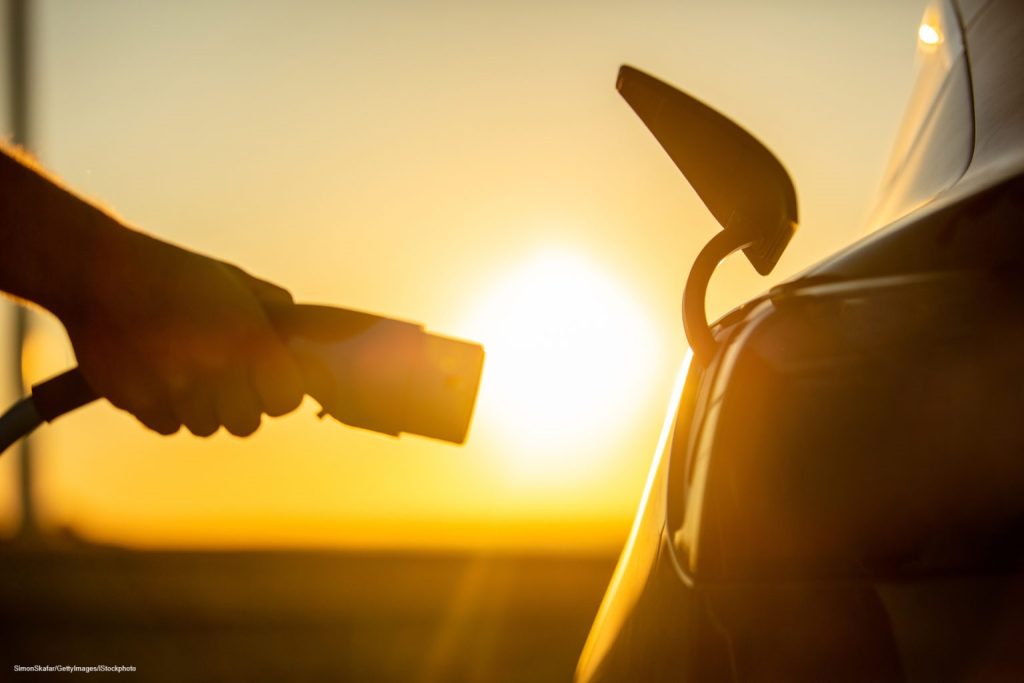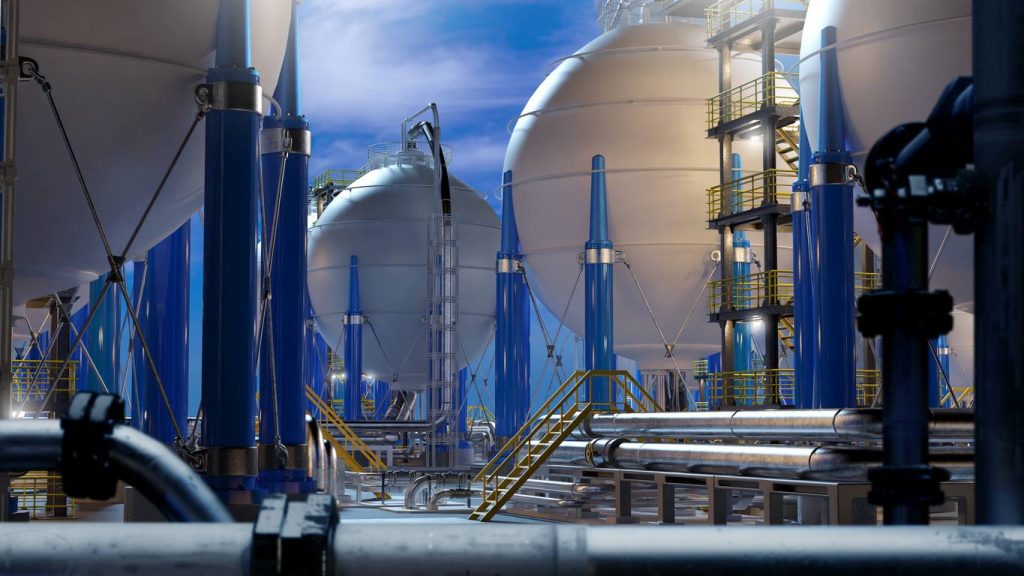Germany’s Merck Expands Semiconductor Materials Production in Korea
Merck, a German multinational, is preparing to launch local production of chemical mechanical polishing (CMP) slurry in Korea, following quality testing with domestic clients. CMP slurry, a critical component in semiconductor wafer surface treatment, is expected to be delivered starting in the first half of 2022. The material is used in combination with CMP pads to polish and planarize wafer surfaces. Merck previously established a CMP slurry production facility in Pyeongtaek, Gyeonggi Province, as part of its Korea Advanced Technology Center (K-ATeC), which began operations in 2020. Electronic devices, semiconductor components, measurement and test equipment may require KC certification to be approved for import and sale in Korea.

CMP materials must be customized to suit individual manufacturers, prompting global suppliers to localize development and production to swiftly adapt to process changes. Alongside Merck, Japan’s Showa Denko is also building CMP slurry plants in Korea, intensifying competition with domestic firms such as Dongjin Semichem and KCTech. Additionally, Merck is preparing to manufacture an extreme ultraviolet (EUV) rinse solution locally, a material used for removing post-exposure residues specific to EUV lithography. Currently undergoing quality evaluation with Korean customers, this product was previously produced overseas. Merck’s 2019 acquisition, Versum Materials, is also strengthening its position in the Korean market by supplying double patterning technology (DPT) materials to companies including Samsung Electronics, which sources approximately half of its DPT materials from Versum.
Feel free to contact us any time if you need assistance or have any questions regarding Korean certifications like KC, KC EMC, KCs, KCs for explosion safety products or KGS factory registration.
Tel. Europe: +49-69-271 37 69 259
Tel. US: +1 773 654-2673
Email: info@korea-certification.com
For more information you can download our free brochure “Korea Certification Made Easy – The Booklet“.
South Korea introduces 4th Basic Plan for Children’s Product Safety (2025–2027)
The Korean Agency for Technology and Standards (KATS) under the Ministry of Trade, Industry, and Energy has announced the 4th Basic Plan for Children’s Product Safety (2025–2027). This initiative aims to strengthen safety management for children’s products by addressing hazardous overseas direct purchases and establishing new safety standards for emerging smart and hybrid products. The plan consists of four main strategies and nine key tasks to enhance child safety. Currently, all products intended for children under 13 years old must obtain KC certification before being sold in South Korea. However, while product recalls have declined, violations of safety regulations remain high at approximately 60%. The government is also concerned about a 43% increase in imported children’s products through direct purchases over the past four years, as many of these items do not meet local safety standards. Children’s products typically require KC Safety certification to be approved for import and sale in South Korea.

Key strategies of the plan include enhancing safety management systems, strengthening online and direct purchase safety measures, creating new standards for hybrid and smart children’s products, and improving industry compliance and consumer awareness. Actions will include introducing new warning labels, adjusting certification levels based on product risk, requiring foreign e-commerce platforms to remove hazardous products, expanding inspections of overseas recalls, and establishing a Children’s Product Safety Research Center. The government will also support manufacturers by simplifying certification procedures and providing financial assistance for product safety checks. The initiative seeks to reduce accident rates, prevent hazardous imports, and ensure a safer market for children’s products in South Korea.
Feel free to contact us any time if you need assistance or have any questions regarding Korean certifications like KC, KC EMC, KCs, KCs for explosion safety products or KGS factory registration.
Tel. Europe: +49-69-271 37 69 259
Tel. US: +1 773 654-2673
Email: info@korea-certification.com
For more information you can download our free brochure “Korea Certification Made Easy – The Booklet“.
South Korea strengthens Battery Safety Measures amid rising Fire Concerns
South Korean authorities are increasingly focusing on the safety of personal mobility (PM) device batteries following recent fire incidents. A house fire in Changwon, suspected to have involved an electric bicycle battery charger, has drawn attention to potential risks associated with lithium-ion batteries in PM devices. Investigations are underway to determine the exact cause of the fire, and experts emphasize the importance of Battery Management Systems (BMS) to prevent overcharging and improve safety. Unlike electric vehicles, PM devices are often stored indoors, increasing the potential for residential fire hazards. Batteries typically require KC Safety certification to be approved for import and sale in South Korea.

The number of fires linked to electric bicycles and scooters has been rising, with cases nearly doubling between 2020 and 2022, according to fire department data. Experts highlight the need for improved public awareness, designated storage areas, and stricter safety regulations to address these risks. Authorities are urging consumers to take precautions, such as avoiding charging PM devices near exits and ensuring they are stored safely. As South Korea navigates the challenges posed by PM battery safety, regulatory updates and enhanced safety measures are expected to play a critical role in mitigating future risks.
Feel free to contact us any time if you need assistance or have any questions regarding Korean certifications like KC, KC EMC, KCs, KCs for explosion safety products or KGS factory registration.
Tel. Europe: +49-69-271 37 69 259
Tel. US: +1 773 654-2673
Email: info@korea-certification.com
For more information you can download our free brochure “Korea Certification Made Easy – The Booklet“.
Korea to develop Joint SAF Production Facility
South Korea’s four leading oil refiners—SK Innovation Co., GS Caltex Corp., S-Oil Corp., and HD Hyundai Oilbank Co.—are planning to jointly construct a sustainable aviation fuel (SAF) production plant. The project, recently discussed with the Ministry of Trade, Industry and Energy and the Ministry of Land, Infrastructure and Transportation, may receive government support through subsidies and tax incentives. The refiners will share construction costs and operate the facility under a special purpose company. The plant is expected to be built in one of the country’s major petrochemical complexes, with an estimated investment exceeding 1 trillion won ($700 million) for a processing capacity of 250,000 tons of fuel. Pressure vessels containing fuel and similar equipment usually require KGS certification in order to be approved for import and sale in Korea.

The facility aims to improve SAF production efficiency, potentially converting 60-80% of bio-based feedstocks into SAF, a significant increase from the current yield of less than 10%. Except for SK Innovation, which already operates an SAF production line, this would be the first dedicated SAF plant for the other refiners. The initiative aligns with Korea’s efforts to maintain competitiveness in aviation fuel exports amid tightening global SAF mandates. By 2027, Korea will require 1% of aviation fuel to be sustainable, following similar policies in the EU. The government also plans to designate SAF as a national strategic technology, increasing tax reductions for SAF facilities from 3% to 15%, and is considering direct negotiations with palm oil-producing nations to secure stable SAF feedstock supplies.
Feel free to contact us any time if you need assistance or have any questions regarding Korean certifications like KC, KC EMC, KCs, KCs for explosion safety products or KGS factory registration.
Tel. Europe: +49-69-271 37 69 259
Tel. US: +1 773 654-2673
Email: info@korea-certification.com
For more information you can download our free brochure “Korea Certification Made Easy – The Booklet“.



